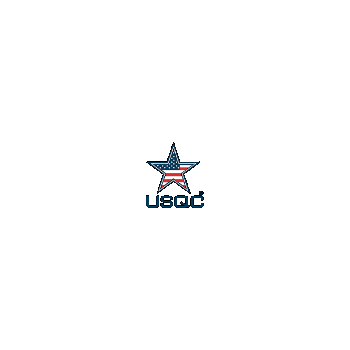Vetting Inspections
Price: 800$
Training course providing deeper understanding and additional skill sets to make properly informed decisions during vessel vetting.
Objectives
To provide and empower ship managers, owners, terminal operators and all those involved in the vetting process with a deeper understanding and additional skill sets to make properly informed decisions during vessel vetting.
Entrance regulations
General knowledge about shipping industry and processes on board
Who should attend:
Shipping Companies: Management: Techn. Director (CTO), Manag. Director (CEO)
Inspection: Superintendent, Fleet Manager, Chief Operating Officer, CSO
Quality / ISM: Quality Manager, Internal Auditor, Designated Person, Assistance
On Board Personnel: Nautical Officers, Engineers, Rating, SSO
Duration:
2 days
In less than two decades the vessel vetting process has completely changed the oil shipping market. Almost all trading operators around the world have adopted vetting as a pre-selection process for vessels offered for chartering by measuring their compliance with Minimum Marine Safety Criteria.
Moreover, the process is still developing: from oil, gas and chemical vessels to dry bulk carriers, from onboard physical inspections to comprehensive ship operators Safety Management System assessment via TMSA audits.
Understanding the various aspects of the vetting process is of paramount importance for all vessel operators to turn current constraints into business opportunities.
Following an overview of the business drivers for vetting and a dive into risk assessment, the vetting process itself is presented under different perspectives for a full comprehension of its objectives and how to achieve them.
Vetting inspections, observations and findings and TMSA are analysed to give the key players, both onboard and ashore, the tools to prepare and proactively respond to the various issues related to vetting controls.
The course focuses on:
- Background and business drivers for vetting
- Vessel screening process
- Risk assessment
- Vessel inspection: Arrangement and preparation for on-board inspection
- Observations and findings, Root Cause Analysis
- Operator's comments
- TMSA

